
In recent years, the Ministry of Culture, Sports and Tourism (MOCST) has regularly sent documents requesting the People's Committees of provinces and centrally-run cities to strengthen the management of relics and activities of preserving, restoring and renovating historical-cultural relics and scenic spots (hereinafter referred to as relics).
Through monitoring the reality, the Ministry of Culture, Sports and Tourism found that in addition to the fact that many provinces and cities across the country have done a good job of protecting and promoting the value of relics, there are still phenomena of restoration, embellishment, and construction of works to promote the value of relics that are not in accordance with the provisions of law, not in accordance with the appraisal content of specialized agencies and the Ministry of Culture, Sports and Tourism, affecting the value of relics, creating negative public opinion in society about the management of relics and activities of preserving, restoring and rehabilitating relics.
Therefore, the Ministry of Culture, Sports and Tourism requests the People's Committees of provinces and centrally run cities to direct relevant agencies and local authorities in the area to further strengthen the role and responsibility of relevant agencies, localities and communities in managing, protecting, promoting the value of relics and activities of preserving, restoring and renovating relics; strictly control the process of inventorying and classifying new relics, closely linking with the program and plan for restoration, embellishment and promotion of relic values. Effectively and promptly implement the coordination mechanism between agencies and authorities in advising and managing the state on cultural heritage from the central to local levels.
Strictly implement the Law on Cultural Heritage, documents guiding the implementation of the Law and regulations on investment and construction when implementing projects to preserve, restore and renovate relics (regardless of the budget source of the project). Guide investors to properly implement the process, regulations and procedures for implementing relic restoration projects, coordinate to collect opinions from relevant agencies, ministries, branches and scientists and only implement when there is a written appraisal and approval from the competent authority.
At the same time, it is necessary to properly implement the project appraisal contents, economic-technical reports, and construction drawing designs for relic restoration that have been agreed upon and commented upon by the Ministry of Culture, Sports and Tourism and the competent agencies of the Ministry of Culture, Sports and Tourism, to ensure the protection and preservation of the original elements that create the value of the relic.
The Ministry of Culture, Sports and Tourism also requires coordination between the Departments of Culture, Sports and Tourism/Departments of Culture, Sports and Tourism with press and media agencies to strengthen propaganda, dissemination of laws, raise awareness and sense of compliance with laws on cultural heritage. Widely propagate among local people to raise social awareness and authorities at all levels.
Organize widespread propaganda about the meaning and value of relics, reasons for preserving, repairing and restoring relics and publicize the content of relic restoration projects before implementation so that people know, participate and contribute opinions to unify, raise awareness and create social consensus on the implementation of relic preservation, repair and restoration projects, especially for relics of spiritual, religious and belief nature...
When completing a project to preserve, restore and renovate a relic, it is necessary to have an appropriate form to introduce the historical, cultural, scientific and artistic values of the relic; the date of commencement, date of completion; organizations and individuals contributing financially; construction units, etc.
Strengthen inspection, examination and supervision of the protection and promotion of local relic values; promote the supervisory role of the community in implementing relic restoration and embellishment projects in accordance with the procedures and contents prescribed by law; resolutely and strictly handle violations that affect the value of relics (if any); ensure harmony between cultural heritage conservation and sustainable socio-economic development and local tourism development.
From July 1, 2025, the Law on Cultural Heritage (Law No. 45/2024/QH15 dated November 23, 2024) will take effect, assigning the People's Committees of provinces and centrally run cities to take full responsibility for the management, protection and promotion of cultural heritage values in the area that are included in the inventory lists, ranked, registered and recognized in national lists, UNESCO lists and lists.
Propose that the People's Committees of provinces and centrally-run cities proactively have plans to organize the implementation of the Law on Cultural Heritage to ensure timeliness, uniformity and effectiveness. Organize propaganda, dissemination and training for officials working in the management of sectors and fields under the scope of the Law on Cultural Heritage of the locality, people and enterprises on the new provisions of the Law and documents detailing the implementation of the Law. Guide and direct local news agencies, newspapers and magazines to have plans to widely disseminate the Law on Cultural Heritage and documents detailing the implementation of the Law.
Source: https://baolangson.vn/tang-cuong-vai-tro-trach-nhiem-trong-quan-ly-bao-ve-phat-huy-gia-tri-di-tich-5043618.html



![[Photo] Prime Minister Pham Minh Chinh works with the Standing Committee of Thai Binh Provincial Party Committee](https://vphoto.vietnam.vn/thumb/1200x675/vietnam/resource/IMAGE/2025/5/12/f514ab990c544e05a446f77bba59c7d1)

![[Photo] Prime Minister Pham Minh Chinh starts construction of vital highway through Thai Binh and Nam Dinh](https://vphoto.vietnam.vn/thumb/1200x675/vietnam/resource/IMAGE/2025/5/12/52d98584ccea4c8dbf7c7f7484433af5)

![[Photo] Prime Minister Pham Minh Chinh receives Swedish Minister of International Development Cooperation and Foreign Trade](https://vphoto.vietnam.vn/thumb/1200x675/vietnam/resource/IMAGE/2025/5/12/ae50d0bb57584fd1bbe1cd77d9ad6d97)

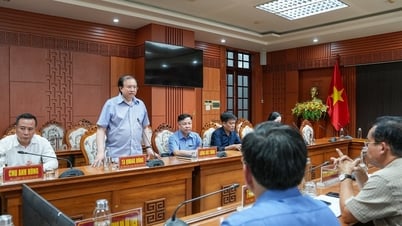


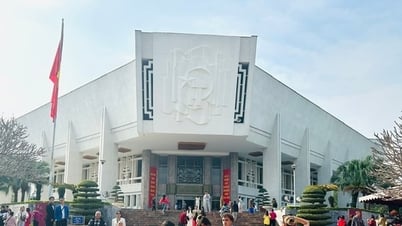





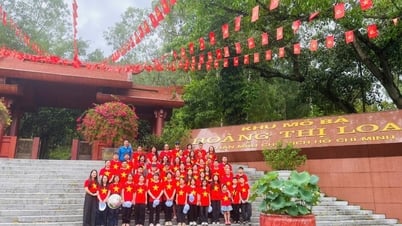

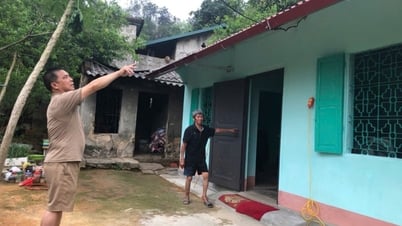
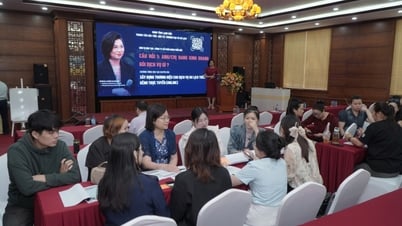
















































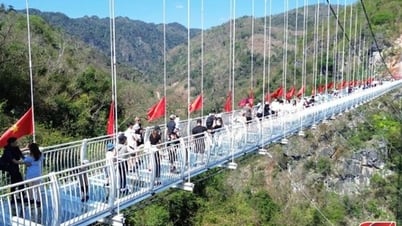



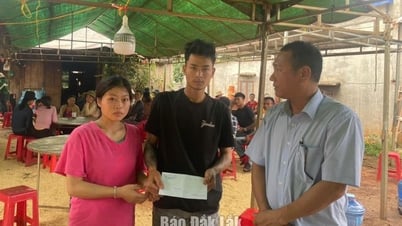

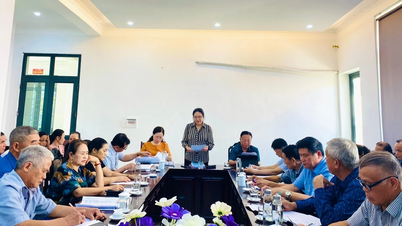

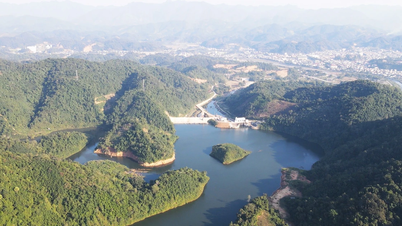














Comment (0)